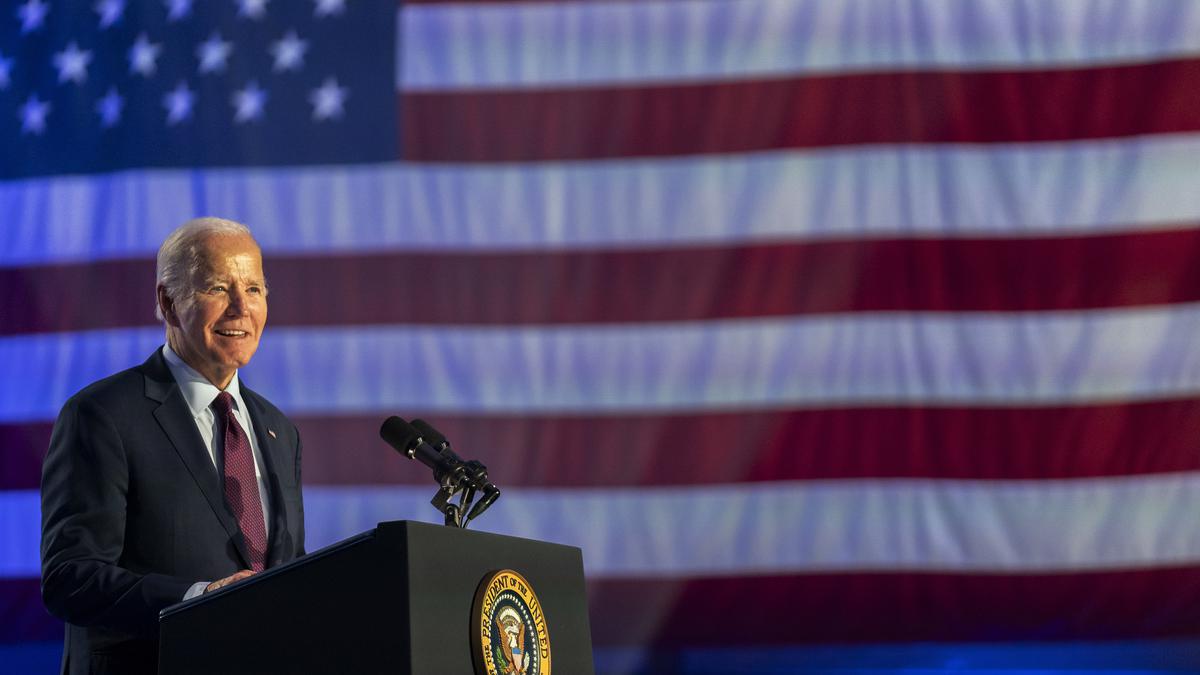Synopsis
A bipartisan agreement, named the National Security Agreement, has been revealed, offering assistance to H-1B visa beneficiaries and their dependents. This pact entails the implementation of automatic work permits for around 100,000 H-4 visa holders, including spouses and children of certain categories of H-1B visa recipients.
A bipartisan agreement, supported by the White House, has unveiled substantial relief for H-1B visa holders and their families. The National Security Agreement, revealed on Sunday, introduces automatic work authorization for roughly 100,000 H-4 visa holders. These individuals are the spouses and children of a particular subset of H-1B visa holders.
The agreement also tackles concerns surrounding approximately 250,000 aged-out children of H-1B visa holders, offering a resolution to their status.
This news will particularly aid Indian tech workers who have been enduring prolonged waits for Green Cards. Spouses without a Green Card are unable to work, and their children, who may age out during the process, are at risk of deportation.
US President Joe Biden underscored the enduring challenges within the immigration system, stressing the imperative for reform to bolster national security, border security, fair and humane treatment, and the preservation of legal immigration.
The bill introduces aging-out protection for children of long-term H-1B visa holders, provided that the children have maintained H4 status for eight years. Additionally, it allocates an additional 18,000 employment-based green cards annually for the next five years, with country caps. This signifies that the US will grant 158,000 employment-based green cards annually for the next five years.
The legislation provides work authorization for approximately 25,000 K-1, K-2, and K-3 nonimmigrant visa holders, as well as around 100,000 H-4 spouses and children of specific H-1B non-immigrant visa holders who have concluded immigrant petitions. This removes the requirement for them to await approval before commencing work in the United States.
The H-1B visa, vital for technology firms, enables them to recruit foreign workers in specialized occupations demanding theoretical or technical expertise. The legislation aims to accelerate the issuance of work permits, generating additional prospects for families while ensuring that vulnerable, unaccompanied young children receive paid legal representation.
The legislation also grants work authorization to asylum seekers upon receiving positive protection screening determinations, enabling them to provide for themselves and their families sooner than the existing 180-day waiting period. Furthermore, it increases the cap on immigrant visas by incorporating an additional 250,000 visas over a span of five years, with a focus on prioritizing family reunification and affording US businesses greater access to a larger pool of workers.
The bill also provides relief to more than 250,000 individuals who came to the US as children on their parents’ work visas, with many hailing from India. These individuals, who have lawfully lived in the US since childhood, will be able to stay in the country temporarily with work authorization.
The bill, alongside other measures, dedicates resources to aid US allies and partners in the Indo-Pacific region in confronting challenges posed by an assertive China. Additionally, it sets aside $48.43 billion for ongoing US assistance to Ukraine in its efforts against Russia. The White House is urging prompt approval of the bill by the US Congress.
Stay up-to-date on visa news by following VisaBud!



